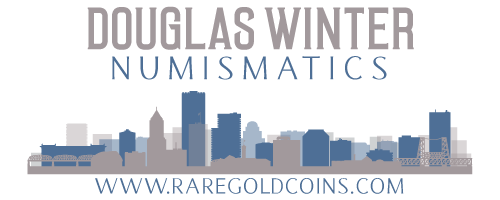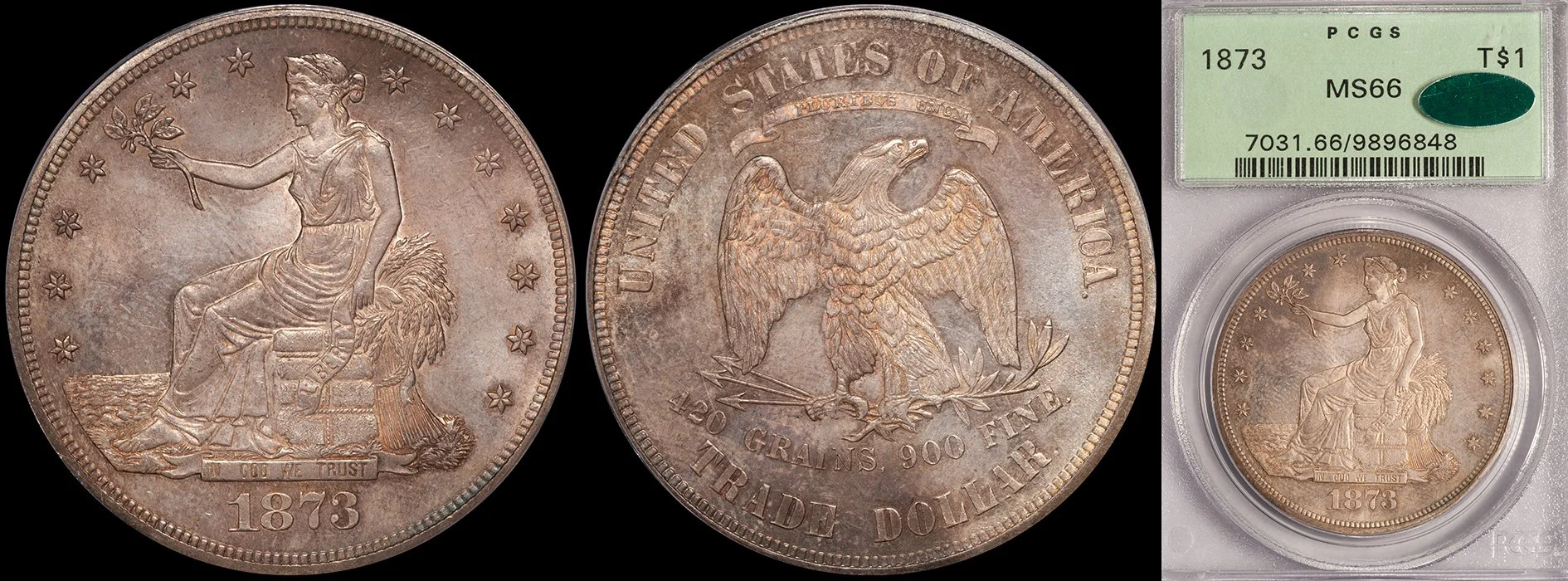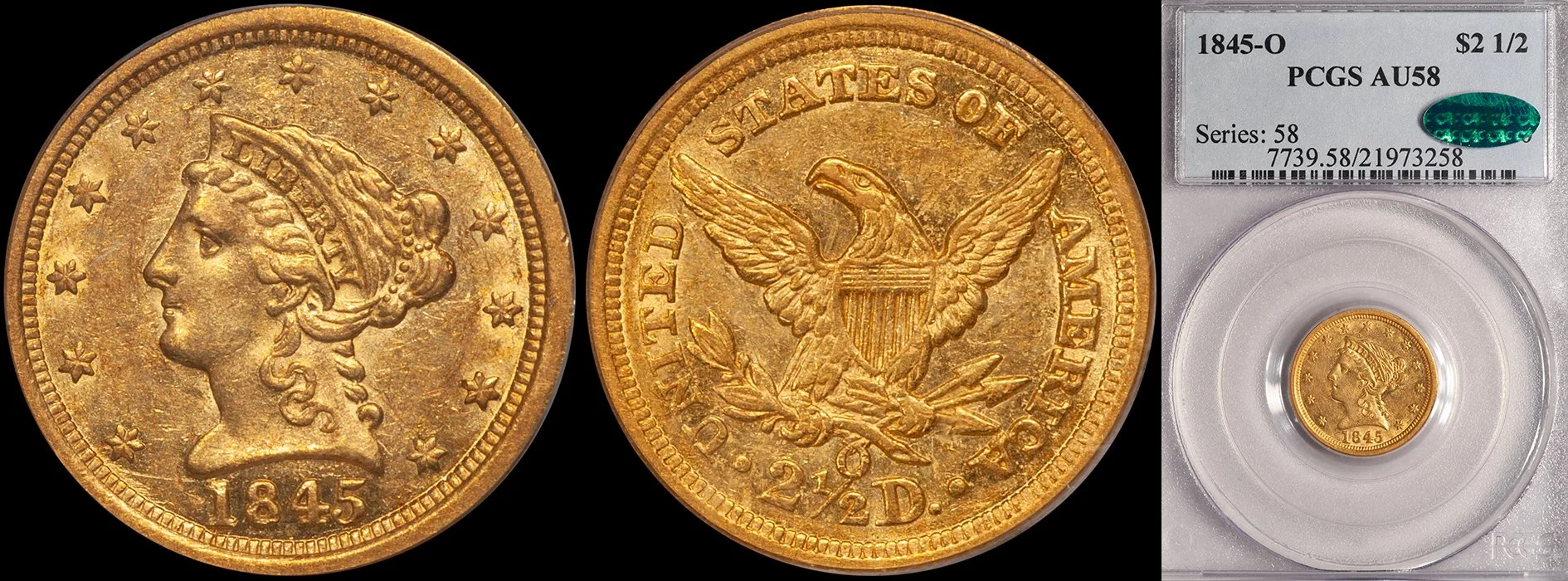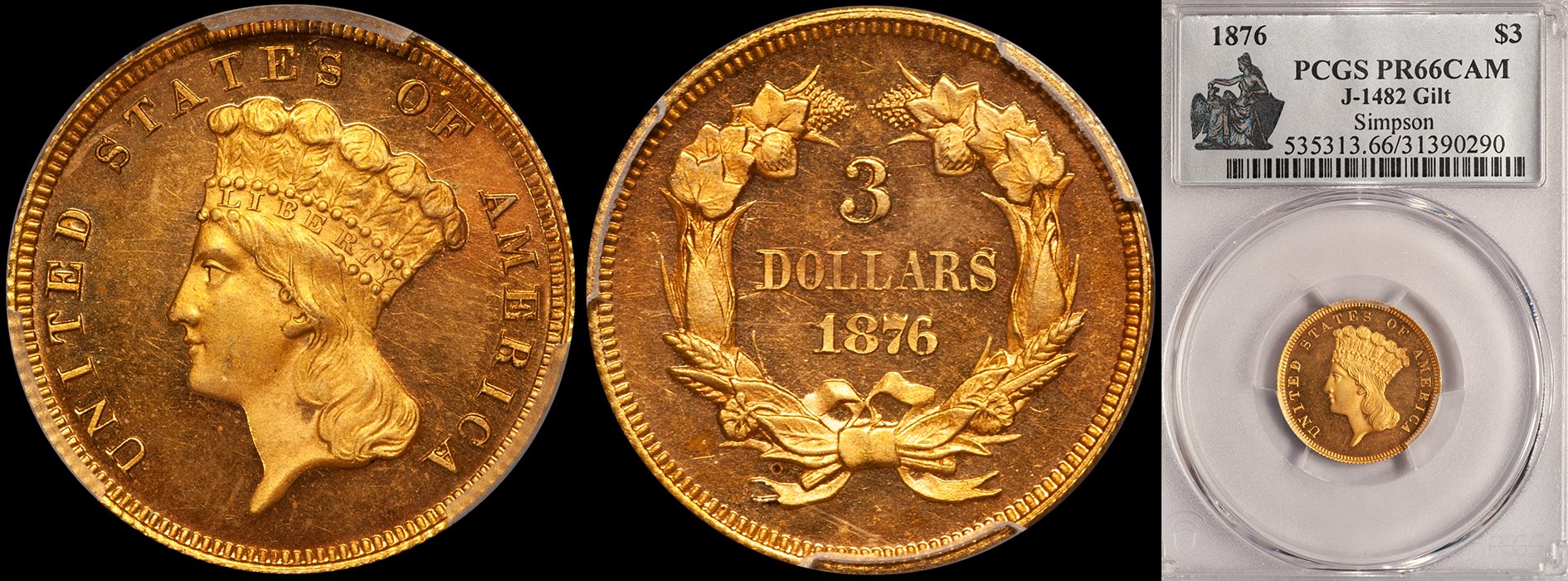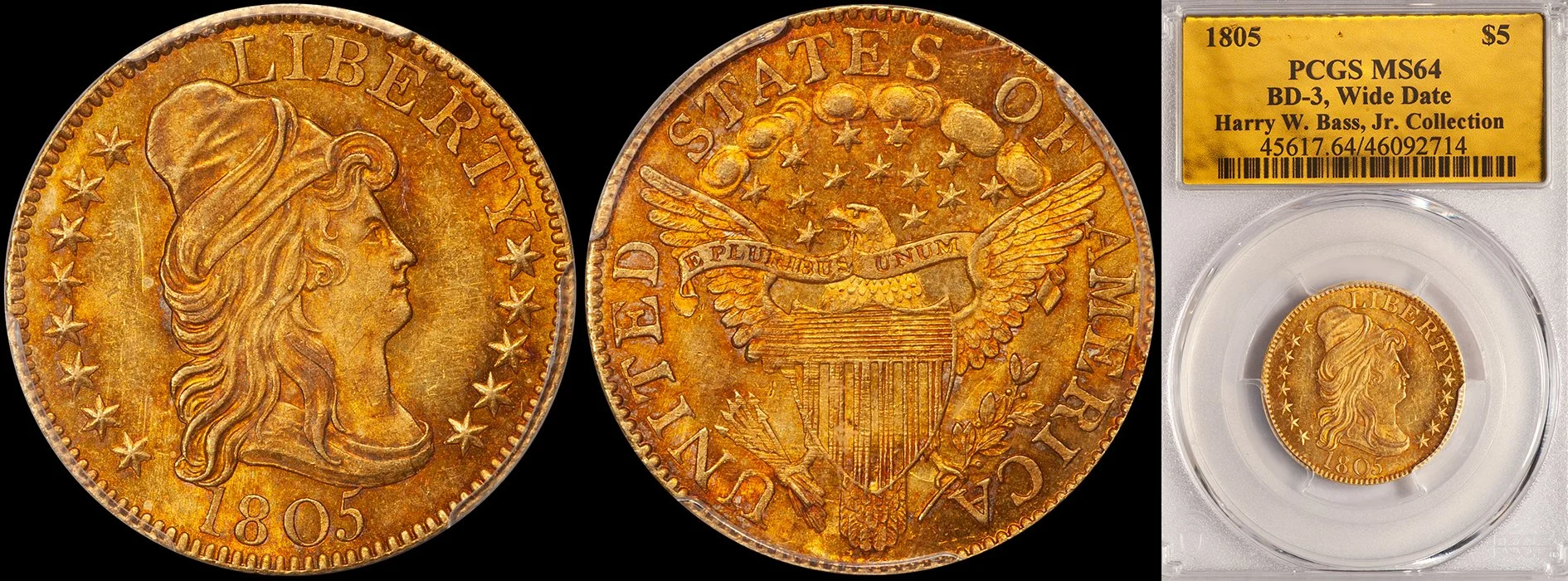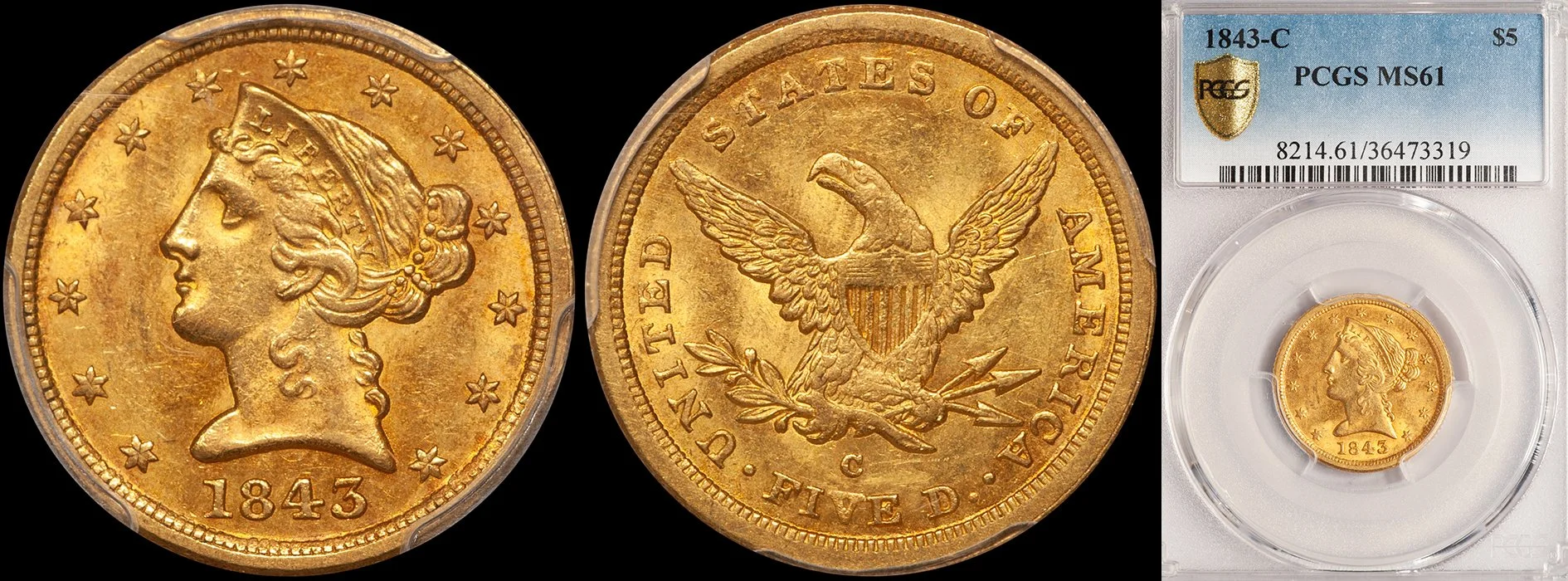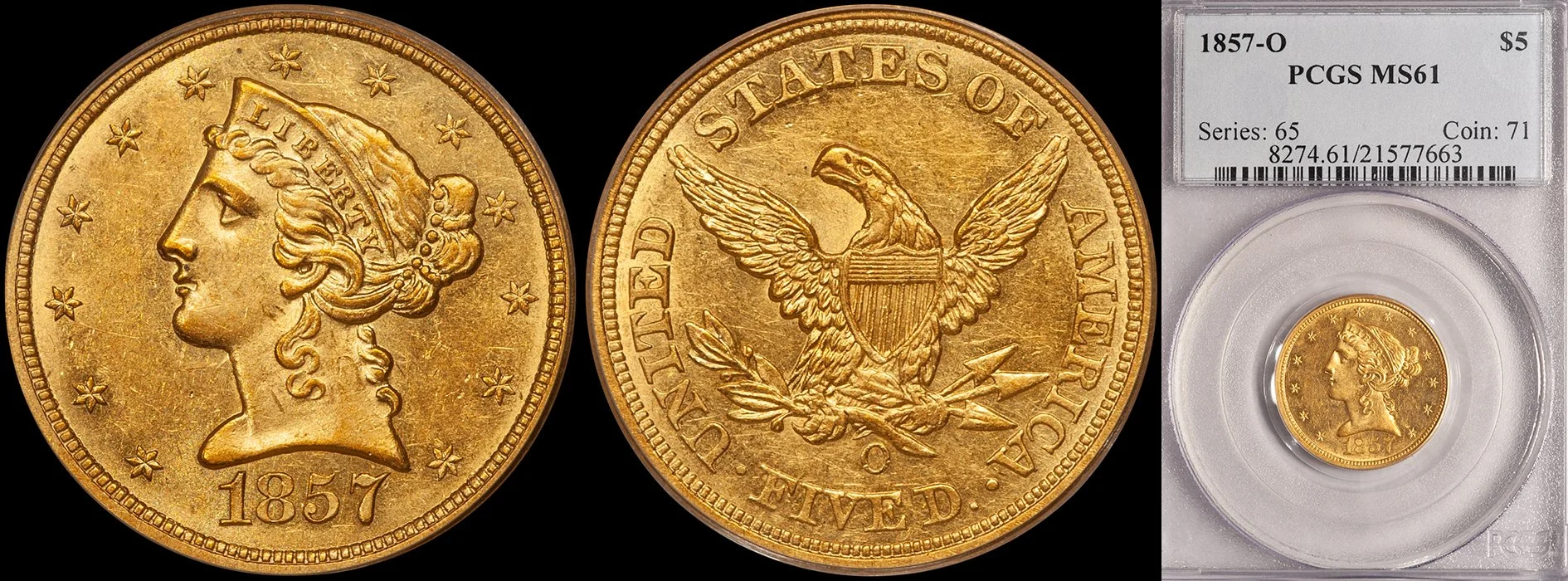10 Skill Sets for Young Coin Dealers
/NOTE: I gave a modified version of this as a presentation at the 2022 Witter Coin U held in San Francisco last week. While it was geared towards young dealers and want-to-be dealers, much of it can be applied to older aspirants.
The essential skills which a young coin dealer (or even any older aspiring dealers) needs are obvious: the ability to grade, the ability to raise capital, and the ability to communicate. Here are some less obvious skill sets which are also important to master.
It should be noted that virtually no one reading this is going to master all 10 skill sets. If you are planning on adding employees or if you think you’ll want to go into partnership with another dealer, it would make sense to consider someone whose strongest skills don’t mirror yours. Two good to very good graders who are lousy businessmen will make for a poor partnership, while a great grader and a very sharp businessman will make a better potential partnership as long as both stay in their respective lanes.
Here are 10 skill sets; some obvious and some not-so-obvious. I’ll give my thoughts on each and invite comments on each topic on the list at the end of this article.
1. Computer Skills
As a coin dealer, you’ll need basic computer skills. You’ll likely want to be able to create spreadsheets and maintain a database. Other basic skills include designing and running a good website, maintaining a presence on social media, using Photoshop for images, using PowerPoint for presentations, using QuickBooks for inventory management, etc. You don’t have to be a computer whiz to be a good coin dealer but rudimentary knowledge of the most important software packages is important.
2. Writing Skills
If you are able to use your own words and can communicate well, you’ll have a huge advantage. Basic writing skills will help you sell more coins on Instagram or Facebook, not to mention on your website.
Advanced writing skills can score you a job as a cataloger at major auction houses, and very advanced writing skills can lead to research opportunities or even towards writing books which can help you with your brand. Other things good writing will help with include presentations for buying deals or getting deals in for your company/auction house and for effectively communicating with prospective or existing clients. If you just aren’t able to write clearly and effectively, hire someone who is able to do this for you.
3. Reading Skills
This goes hand-in-hand with #2. One of the best ways to learn about coins is to read books which interest you. There are literally thousands of books on US and foreign coins, and unless you are specializing in an incredibly obscure area (Trade Tokens of Papua New Guinea, anyone?) there are likely a few books you’ll find are essential. You’ll gain a lot of knowledge by reading; even if you aren’t as obsessive as I was when I was 10 years old reading the Redbook for an hour every night before I went to bed.
4. Accounting
Basic accounting skills are a must for ALL coin dealers. You can always farm out your accounting to a professional for taxes, but when it comes to your hard-earned money, no one will watch it as well as you do.
Accounting skills are used by coin dealers virtually every day. As an example, you might split a deal with another dealer. Are you going to trust him to be 100% accurate when it comes to accounting? Some coin deals are incredibly complex. I’ve had deals which were split with as many as four other people, each with a different percentage of ownership. I never took an accounting class in high school or college but I strongly recommend you do.
5. Logistics
If you wind-up dealing in the modern coin market, your business will be less about numismatics than it will be about logistics. Logistics—in the business sense—is defined as “the management of the flow of things between the point of origin and the point of consumption to meet the requirements of customers.”
Modern coins entail a full-fledged supply chain which begins at the mint of origin and continues on through suppliers, and then makes its way to retailers, and finally to consumers/collectors. The firms which are most successful in this area of the market carefully plan the flow of modern issues and get them to buyers quicker than their competitors and at a better price. This is hardly “numismatics” in the purest sense, but modern coins are a huge market and it is likely that at least a few of you will deal in these issues either full time or at least on an occasional basis.
6. Foreign Languages
If I could turn back the clock and re-start my numismatic career, I would have become fluent in French, German, and Spanish and traveled to Europe on a regular basis buying US gold coins and exporting them to the American market. You don’t have to speak a European language to do this but it is certainly helpful. If you are a US dealer specializing in foreign or ancient coins, it would be a really big help if you had decent language skills. For ancient coins, some knowledge of Latin and/or Greek would be very helpful. Needless to say, fluency in Mandarin Chinese could have some great benefit(s) to future coin dealers as well.
7. Physical Fitness
Being in good shape—both physically and mentally—will be a great advantage to you especially as you get older. And coin dealing isn’t as much of a cushy desk job as you might think. If you work in a coin store, you are likely to have to carry bags of dollars or silver which can weigh 50-60 lbs. Working a big show like ANA or FUN is a major grind physically and mentally. There are days when you’ll be active from 7am until late at night, and these 12-16 hour days can grind on you. If you are overweight or if you can’t handle stress, this lifestyle will be a killer!
8. Physical Appearance
Unless you are an auction cataloger or a researcher locked away in an office and seen only when you hit the restroom or take a lunch break, chances are you will have to interact with the public. Many coin dealers make a terrible first impression. Watch out for the following faux pas:
Stained clothing
Body odor/bad breath
Cheap clothing
$10 haircuts
9. Photography Skills
Until new technology replaces the camera as we know it, one of the most important skills you can have as an online or brick and mortar dealer is the ability to take good images. Coin collecting is an extremely visual hobby and as someone with a strong web presence, I can tell you that more than anything else, a good image will help you sell a coin. And if you sell toned coins, the ability to capture color (and luster) is absolutely critical.
I’d urge every one of you to take a digital photography class either online or at your local community college. I couldn’t take a good image if my life depended on it, but I was smart enough to hire someone who is a world-class photographer and the quality of the images on my website is second-to-none.
10. Travel Planning
If your ideal numismatic career entails working solo out of an office with just you and your coins, you are likely in for a rude awakening. You’ll almost certainly have to travel, whether it is to local coin shops, to meet with clients, to go to national shows, or to attend events like Witter Coin University. Back in the pre-Covid era of travel, it was reasonably easy to book flights and hotels. Today, travel is a mess and it requires careful and intensive planning. Here are a few tips:
If possible, fly one airline as much as possible to gain status. This will be of help when you are stuck and need help from the airline rebooking a flight. Same goes for hotel chains.
If you are carrying coins, avoid connecting flights with planes which have minimal overhead storage.
Book flights that leave your home town early as they are less likely to be overbooked.
Pay the extra $50+ bucks to upgrade to a premium seat.
Never post your travel plans online, especially if you are carrying coins.
The cheapest flight is rarely if ever the best.
Treat yourself to a nice hotel and never share a room with more than one person.
Never leave coins in your room unattended
